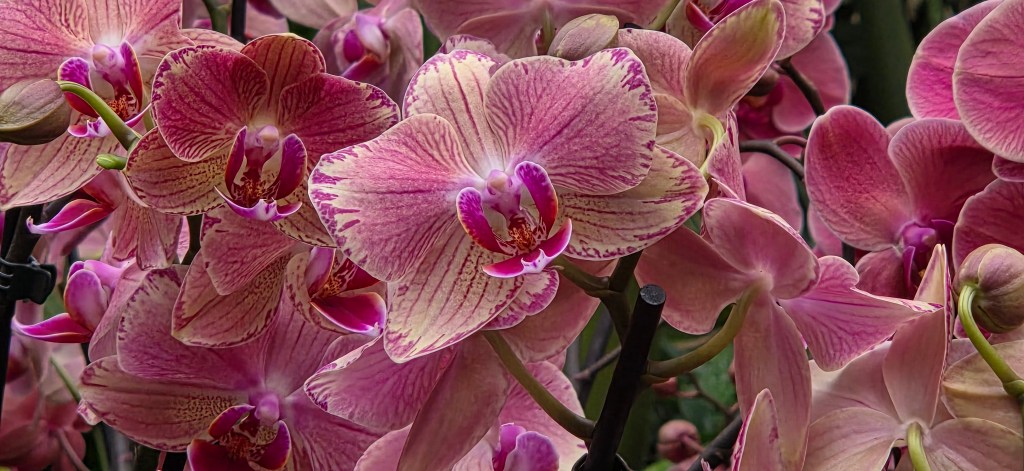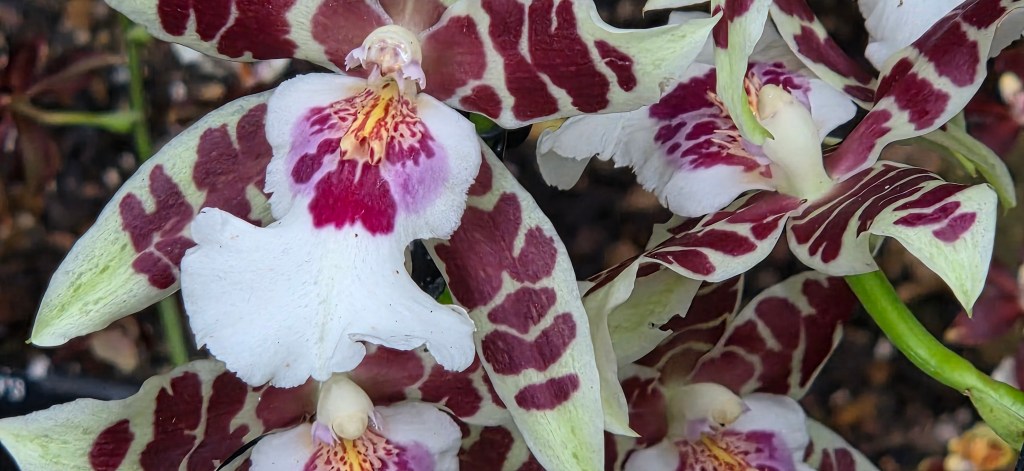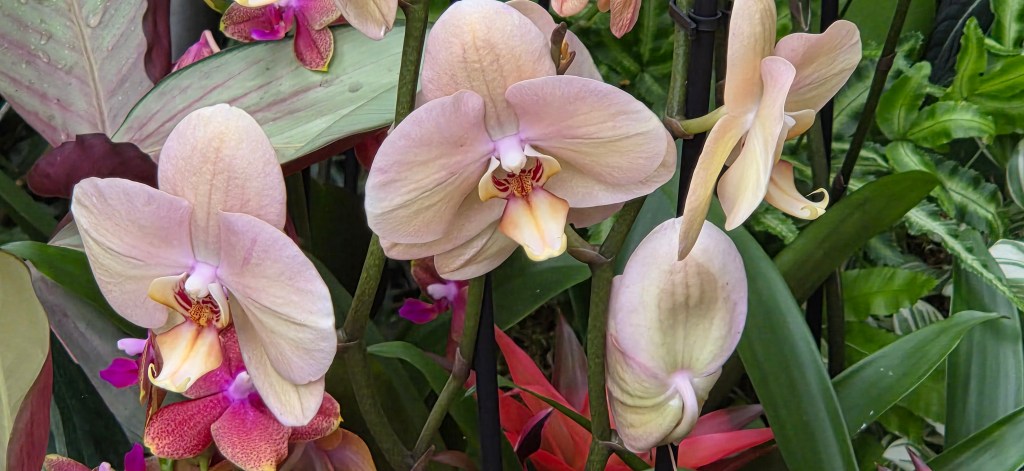This is something of a departure for me, because this novel, which was written within the last half century, remains extremely popular, and its author is still alive.
Isabel Allende (b.1942) published ‘The House of the Spirits’, her first novel, in 1982. The English translation from the original Spanish appeared three years later.
It takes the form of a family saga spanning four generations, beginning at the turn of the Twentieth Century and culminating in the early 1970s.
The central male character, Esteban Trueba, starts out as the poor suitor of Rosa, the eldest daughter of Severo and Nivea del Valle. We follow his development into local landowner, prominent right wing politician and, ultimately, a superannuated old man who dies in the Epilogue. He is stereotypically male, unable to manage his emotions and prone to violent tantrums.
The female counterpoint is provided by three different generations in the form of Clara, Blanca and Alba respectively. Clara is Rosa’s younger sister, who Trueba marries after Rosa is accidentally poisoned. Blanca is Clara’s daughter by Trueba, while Alba is Blanca’s daughter by her lover, the son of Trueba’s foreman on his country estate.
Clara, particularly, is the instrument of Allende’s ‘magical realism’, engaging in clairvoyance, with a penchant for levitation and moving furniture with her mind. But the magic wanes with Clara’s death, as the narrative progresses to its crisis: a thinly-disguised retelling of the 1973 Chilean Coup in which Pinochet overthrew the left-wing government of Salvador Allende (Isabel’s cousin).
We are present at the bombing of the presidential palace, after which the President dies (and one of Blanca’s brothers is murdered). We hear of the death of the Poet, modeled on Pablo Neruda and, finally, we are with Alba as she endures one of the junta’s infamous torture centres, which she barely survives.
She is raped by the Colonel in charge, Esteban Garcia, himself Trueba’s illegitimate son, conceived after he raped Garcia’s peasant mother. Garcia envies the advantages of Trueba’s legitimate offspring, his interest in violence no doubt inherited from his father.
As the story closes, following Trueba’s death, Alba – miraculously released from detention – is beginning to draw together the strands of this story, revealing herself as the principal narrator (though some sections are contributed by Trueba and written in the first person). She is also pregnant – whether by rape or by her guerilla boyfriend she is uncertain.
‘The House of the Spirits’ is slow to catch fire. Stylistically, the earlier chapters are immensely readable, but the narrative doesn’t become really gripping until the final quarter.
The book is immensely popular but literary critics haven’t always been so kind. I was fully prepared not to enjoy the experience of reading it but, in the end, I have to admit that I did.
TD
June 2024








Leave a comment